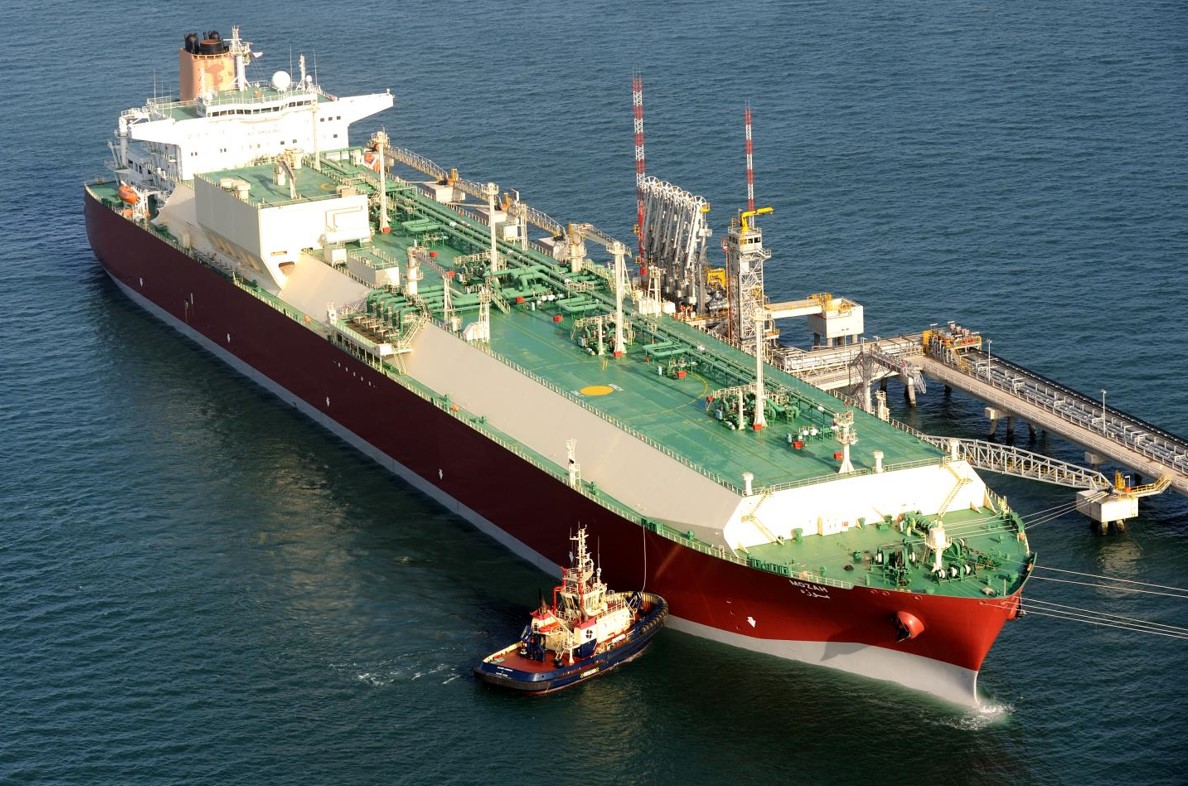This story requires a subscription
This includes a single user license.
The firm reported a net profit of about 829 million riyals ($227 million) for the January-June period, a rise of 7 percent compared to 775 million riyals in the first half last year.
According to Nakilat, net profit in the first half was driven by lower depreciation
and lower finance costs.
Nakilat reported a net profit of 420 million riyals in the first quarter, up by 6 percent year-on-year.
Total revenue reached 2.29 billion riyals ($627 million), flat compared to the same period in 2023.
During the first half, Nakilat’s shipping segment revenue but shipyard activities were lower.
Nakilat said that its expenses dropped by 3.6 percent to 1.46 billion riyals in the first half mainly due to lower finance charges and lower depreciation and amortization.
The LNG shipping firm reported a net profit of about 1.56 billion riyals for the year ended December 31, 2023, a rise of 8.3 percent compared to 1.44 billion riyals in 2022.

105 LNG carriers
Nakilat’s fleet currently includes 24 conventional LNG carriers, 31 Q-Flex vessels (210,000-217,000 cbm), 14 Q-Max vessels (263,000-266,000 cbm), and also one FSRU.
This includes jointly owned LNG carriers.
In January, Nakilat placed orders worth about $955 million with South Korea’s Hyundai Samho for the construction of two LNG tankers and four LPG/ammonia carriers.
Moreover, Nakilat signed in March time charter agreements with LNG giant QatarEnergy for 25 conventional-size LNG carriers as part of the second phase of its massive shipbuilding program.
Seventeen of the 25 LNG vessels are being constructed at the Hyundai Heavy Industries (HHI) shipyards in South Korea, while the remaining eight are being constructed at Hanwha Ocean, formerly Daewoo Shipbuilding & Marine Engineering.
QatarEnergy also signed a time charter and operation agreement with Nakilat for nine 271,000-cbm LNG carriers.
The nine QC-Max vessels will be constructed at China’s Hudong-Zhonghua.
Nakilat now has 36 LNG carriers and four LPG/ammonia carriers on order.
The total vessel count in the company’s fleet will reach 114 once all the vessels are delivered, including 105 LNG carriers.

